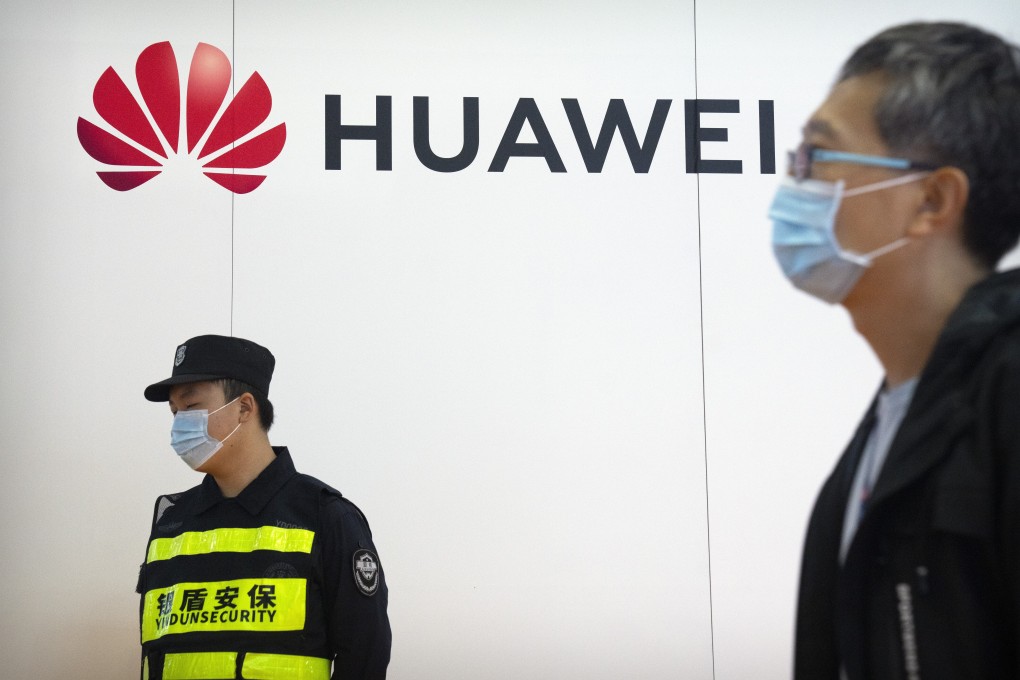Huawei founder Ren Zhengfei wants to hire more foreign talent to boost firm’s research initiatives
- The Chinese telecoms giant plans to recruit more foreign talent, especially from the US, as it raises the budget for overseas research and development
- Shenzhen-based Huawei had 197,000 employees worldwide at the end of 2020, including those from 162 different countries and regions

“In the past two years, we’ve strengthened our efforts to hire Chinese students who’ve studied abroad,” said Ren, 76, in a speech he made at a meeting in August that was published on Huawei’s internal online forum on Wednesday.
“Now we need to focus on bringing in talent with ‘tall noses’ and allocate a bigger budget for our overseas research centres,” he said. “We need to turn Huawei’s research centre in North America into a talent recruitment hub.”
Ren’s use of “tall noses” refers to the humorous term that mainland Chinese sometimes say when describing foreigners, particularly Caucasians. He indicated that the pursuit of more non-Chinese recruits has come amid a shrinking talent pool of foreign-educated Chinese students, following the US decision to grant fewer student visas.

03:19
Huawei’s Ren Zhengfei says he drew on the best of US politics and business to found telecoms giant
“When we discover quality [recruitment candidates], we need to bond with them and bring them over,” Ren said. He stressed the importance of recruiting those who have worked in the US and Europe, as well those who are able to work in China.
“We should go read some dissertations, find some prospects and drink some coffee,” he said. “We need to attract the best American talent and follow the salary standard in the US market.”